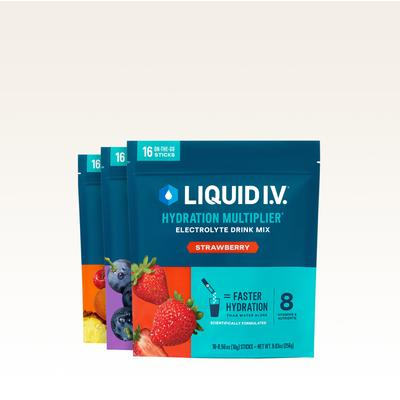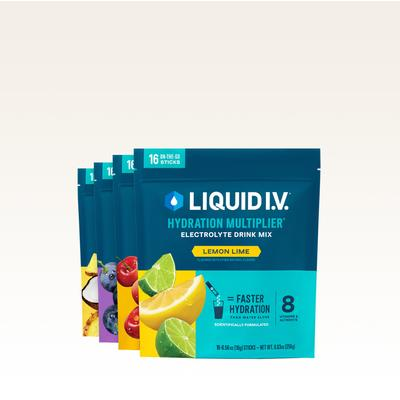Hey Diva dressing fans! When the items we love coincide with brands we work with, Diva dressing will use Paid Links in our articles. If you decide to click on these links and purchase the product, we get a small commission. Our Opinions Are Our Own, but we do add Paid Links as a way to offer these products at no added cost to our readers. Want to know more? Click Here to check out our Terms of Use anytime!
Nutritional deficiencies occur when the body lacks essential nutrients required for optimal functioning. These deficiencies can significantly impact overall health, leading to a range of physical and mental health issues. Understanding the most common deficiencies, their causes, symptoms, and potential solutions is crucial for promoting better health and well-being.
Iron Deficiency
Iron deficiency is one of the most common nutritional deficiencies worldwide, particularly affecting women, children, and individuals with specific dietary restrictions.
Causes
- Inadequate dietary intake of iron-rich foods
- Blood loss due to menstruation, surgery, or gastrointestinal issues
- Increased iron needs during pregnancy or growth spurts
Symptoms
- Fatigue and weakness
- Pale skin and shortness of breath
- Dizziness or lightheadedness
- Cold hands and feet
Solutions
- Incorporating iron-rich foods such as red meat, poultry, fish, legumes, spinach, and fortified cereals.
- Pairing iron-rich foods with vitamin C sources (like citrus fruits) to enhance absorption.
- Iron supplements may be recommended in severe cases, under medical supervision.
Vitamin D Deficiency
Vitamin D is essential for bone health, immune function, and overall well-being. Many people, especially in regions with limited sunlight, are at risk of deficiency.
Causes
- Insufficient sun exposure
- Low dietary intake of vitamin D (found in fatty fish, fortified dairy, and egg yolks)
- Malabsorption disorders
Symptoms
- Bone pain and muscle weakness
- Increased susceptibility to infections
- Mood changes, including depression
Solutions
- Spending time outdoors in sunlight (15-30 minutes a few times a week).
- Consuming foods rich in vitamin D or fortified products.
- Vitamin D supplements may be necessary, particularly in areas with low sunlight.
Vitamin B12 Deficiency
Vitamin B12 is crucial for nerve function, red blood cell formation, and DNA synthesis. Deficiency is common in vegetarians, vegans, and older adults.
Causes
- Inadequate dietary intake, especially from animal products
- Malabsorption due to gastrointestinal conditions (like celiac disease or Crohn’s disease)
- Age-related decline in absorption
Symptoms
- Fatigue and weakness
- Nerve problems, such as numbness or tingling
- Cognitive difficulties and memory issues
- Anemia
Solutions
- Consuming B12-rich foods like meat, fish, dairy, and fortified plant-based products.
- B12 supplements or injections may be necessary for those with severe deficiency or malabsorption issues.
Calcium Deficiency
Calcium is vital for bone health, muscle function, and nerve transmission. Calcium deficiency can lead to weakened bones and increased risk of fractures.
Causes
- Inadequate dietary intake of calcium-rich foods (such as dairy products, leafy greens, and fortified foods)
- Hormonal changes, particularly in postmenopausal women
Symptoms
- Weak and brittle bones (osteoporosis)
- Muscle cramps and spasms
- Tooth decay
Solutions
- Including calcium-rich foods in the diet, such as dairy products, tofu, almonds, and green leafy vegetables.
- Calcium supplements can be considered, especially for individuals at high risk of deficiency.
Magnesium Deficiency
Magnesium plays a critical role in muscle and nerve function, blood glucose control, and blood pressure regulation. It is often overlooked but is essential for overall health.
Causes
- Inadequate dietary intake from refined foods
- Gastrointestinal diseases affecting absorption
- Chronic alcoholism
Symptoms
- Muscle cramps and spasms
- Fatigue and weakness
- Nausea or vomiting
- Abnormal heart rhythms
Solutions
- Consuming magnesium-rich foods like nuts, seeds, whole grains, legumes, and leafy green vegetables.
- Supplements can be useful for those with severe deficiencies.
Folate (Vitamin B9) Deficiency
Folate is essential for DNA synthesis and repair, as well as red blood cell formation. It is particularly important for pregnant women to prevent neural tube defects.
Causes
- Inadequate dietary intake of folate-rich foods (such as leafy greens, legumes, and fortified grains)
- Malabsorption conditions
- Increased needs during pregnancy
Symptoms
- Fatigue and weakness
- Irritability and mood changes
- Shortness of breath
- Glossitis (inflammation of the tongue)
Solutions
- Eating a diet rich in folate through foods like lentils, beans, asparagus, and fortified cereals.
- Supplements may be recommended, especially for women who are pregnant or planning to become pregnant.
Here are some products that can help on
Liquid I.V.® Everyone’s Favorite Bundle Variety Pack $66.99

Liquid I.V.® Hydration Best Sellers Multipack $87.99

Rowing Machine for Home Use and Cardio Training Diet LCD Monitor Excercise Fitness Equipment $228.72

Tablet Holder Rowing Machine for Exercises Max 350 LBS Magnetic Rower With LCD Monitor Diet $274.46



